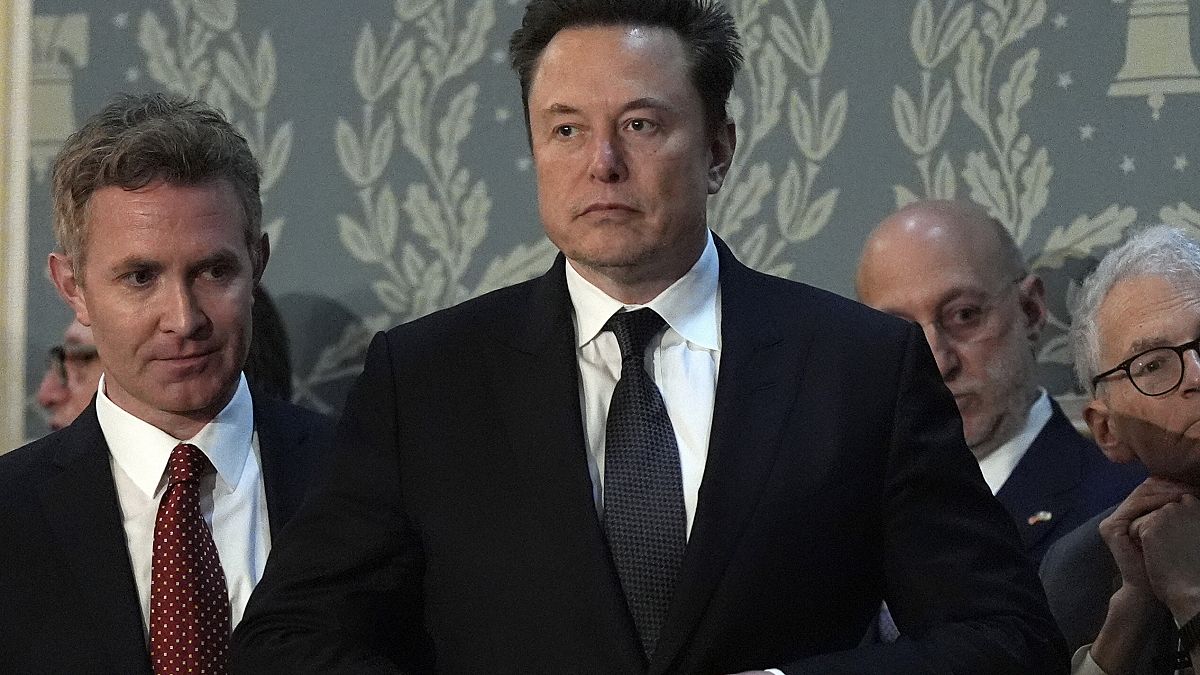The lawsuit’s allegations centre on the early days of Musk’s Twitter takeover and not a more recent dispute with advertisers that came a year later.
Elon Musk's social media platform X has filed an antitrust lawsuit, claiming that a "massive advertiser boycott" meant the company lost out on billions of dollars in revenue.
The company, which was previously known as Twitter, sued the World Federation of Advertisers and four member companies Unilever, Mars, CVS Health and Orsted in the US on Tuesday.
It accused the advertising group's brand safety initiative, called the Global Alliance for Responsible Media, of helping to coordinate a pause in advertising after Musk bought Twitter for $44 billion (€40 billion) in late 2022 and overhauled its staff and policies.
Musk posted about the lawsuit on X, saying “now it is war” after two years of being nice and “getting nothing but empty words".
He added in a later post that he strongly encouraged "any company who has been systematically boycotted by advertisers to file a lawsuit".
'Illegal boycott'
X CEO Linda Yaccarino said in a video announcement that the lawsuit stemmed in part from evidence uncovered by the US House Judiciary Committee which she said showed a “group of companies organised a systematic illegal boycott” against X.
"They conspired to boycott X which threatens our ability to thrive in the future," she said.
In November 2023, about a year after Musk bought the company, a number of advertisers began fleeing X over concerns about their ads showing up next to pro-Nazi content and hate speech on the site in general, with Musk inflaming tensions with his own posts endorsing an antisemitic conspiracy theory.
The Belgium-based World Federation of Advertisers and representatives for CVS, Orsted, Mars and Unilever didn’t immediately respond to requests for comment Tuesday.
A top Unilever executive testified at last month's congressional hearing, defending the British consumer goods company's practice of choosing to put ads on platforms that won't harm its brand.
“Unilever, and Unilever alone, controls our advertising spending,” said prepared written remarks by Herrish Patel, president of Unilever USA.
“No platform has a right to our advertising dollar," Patel added.















